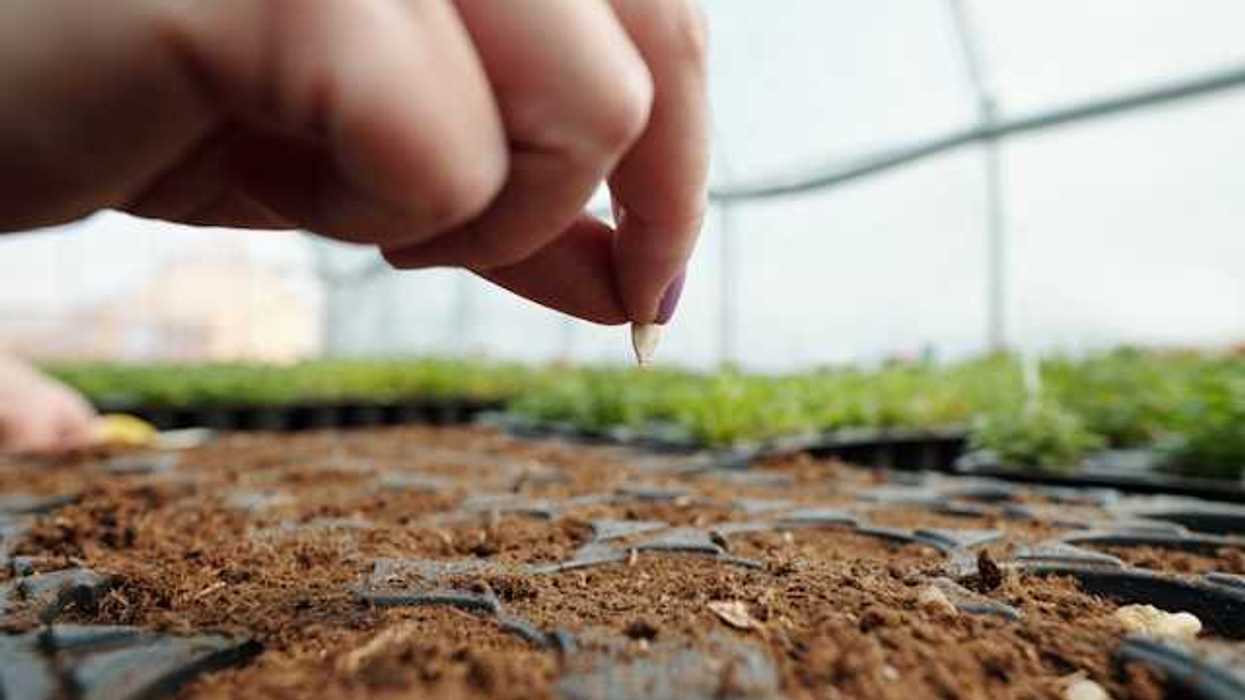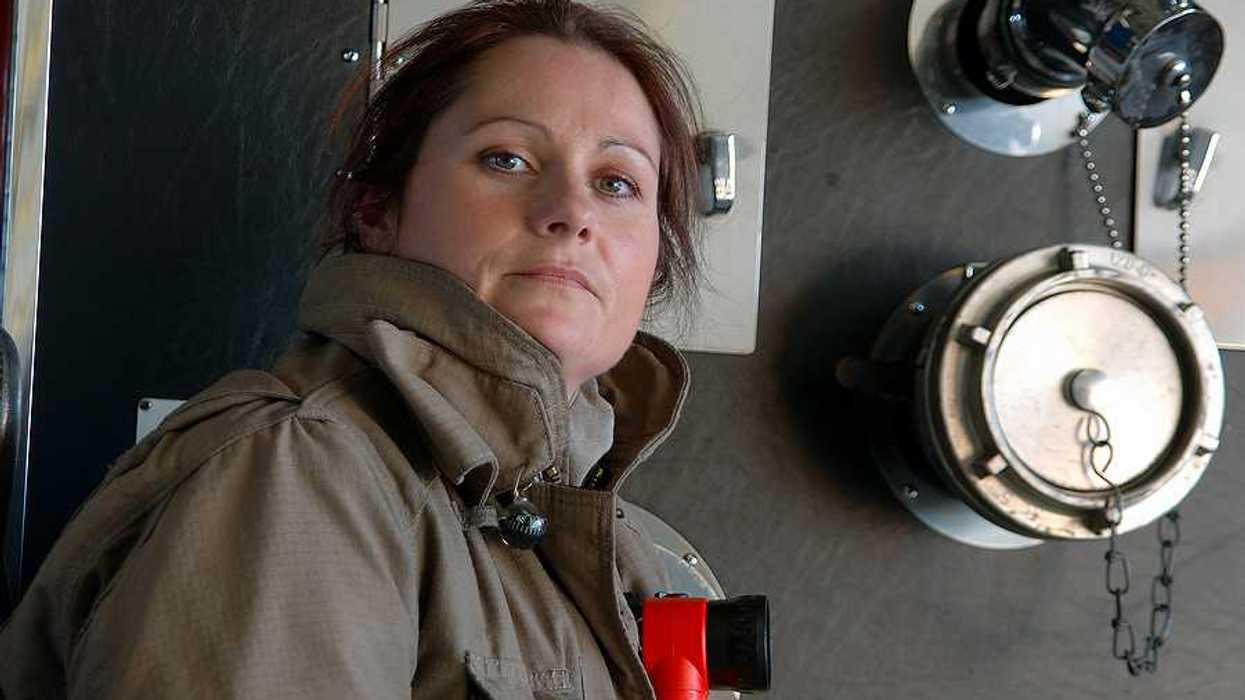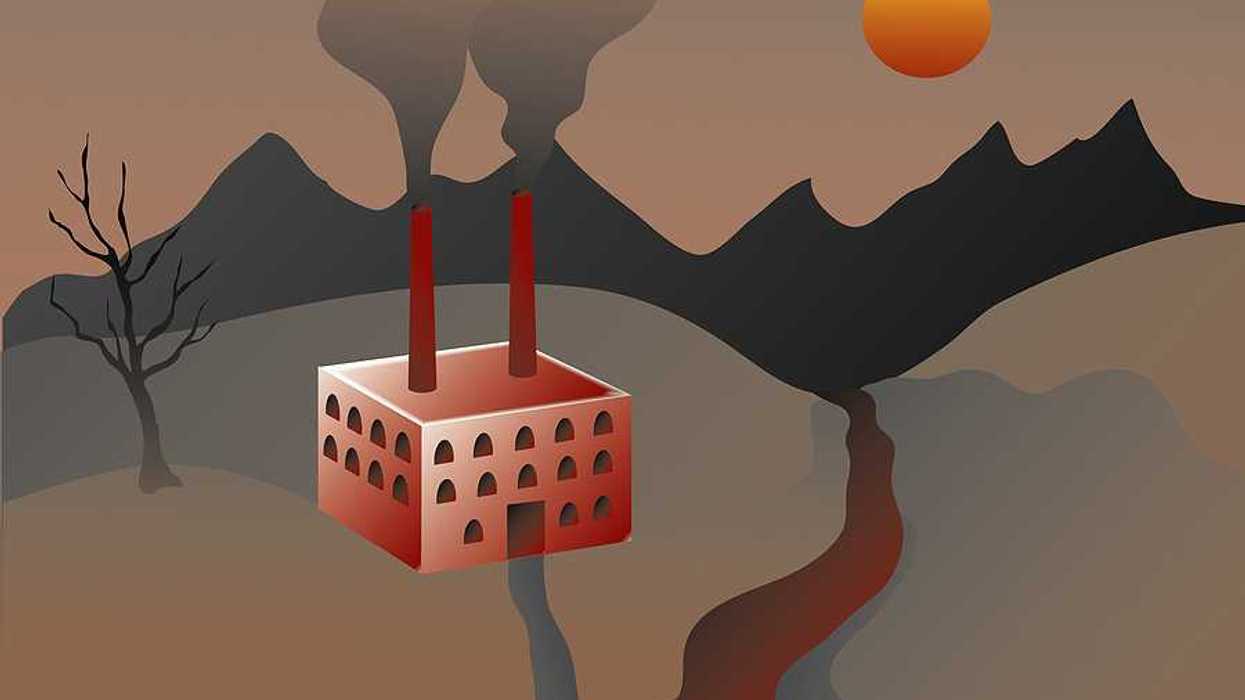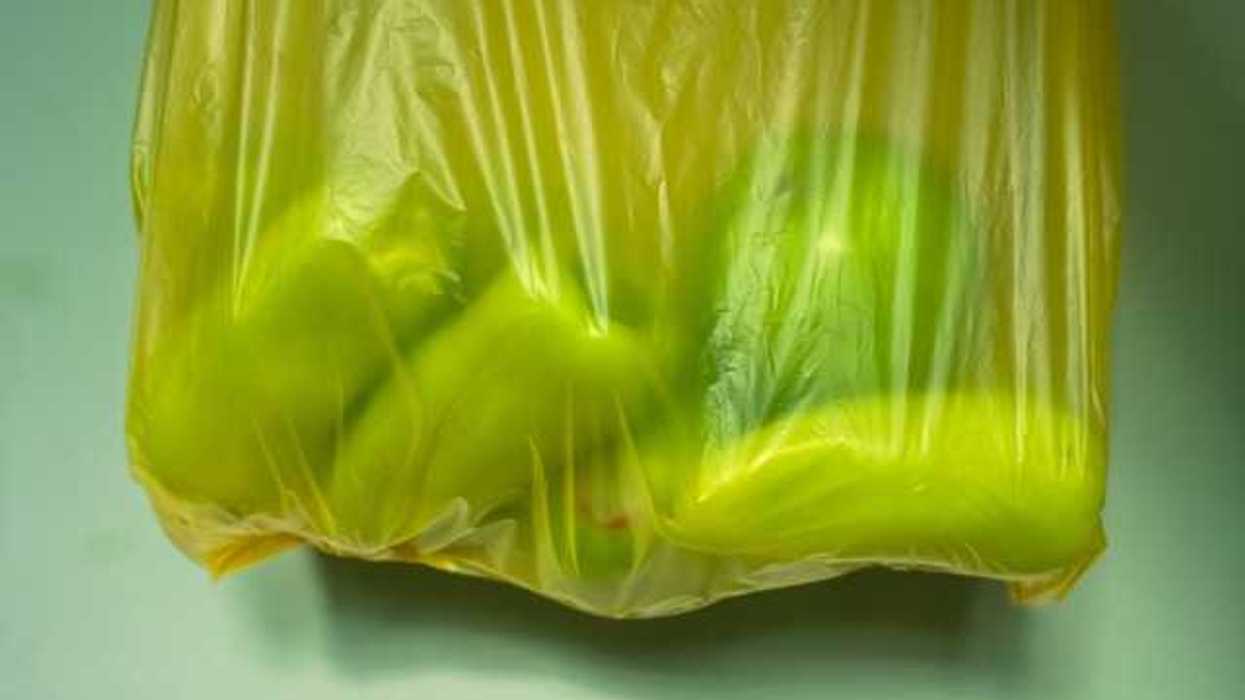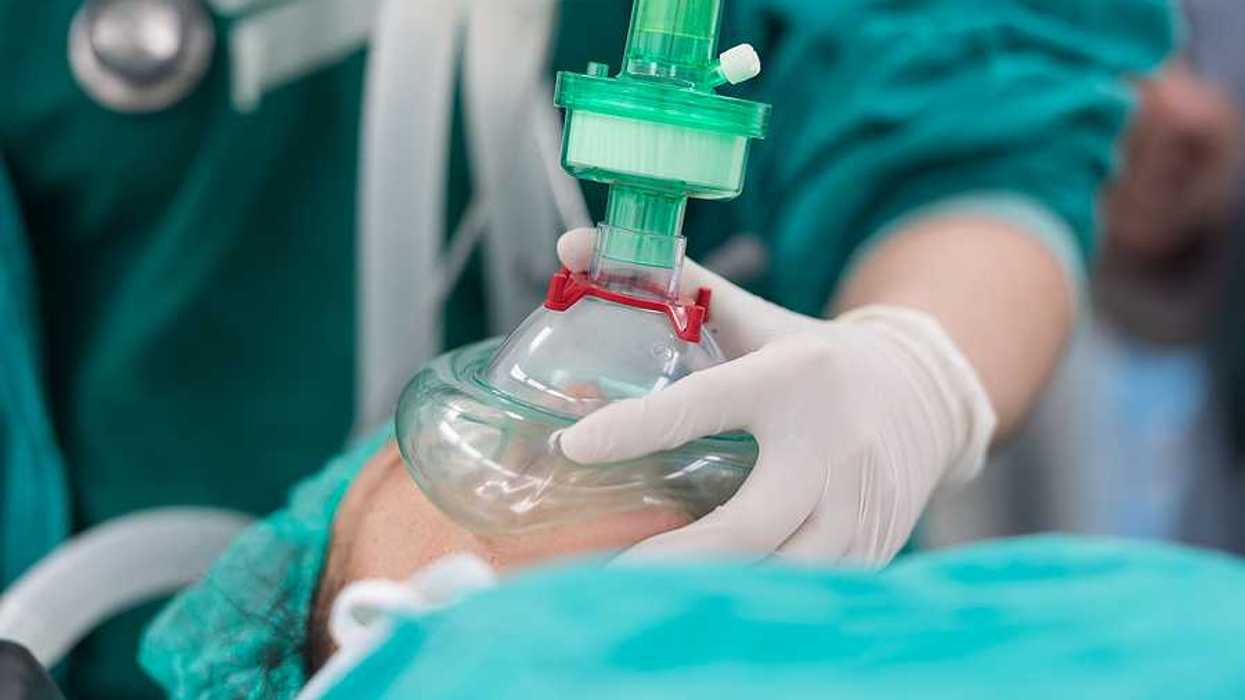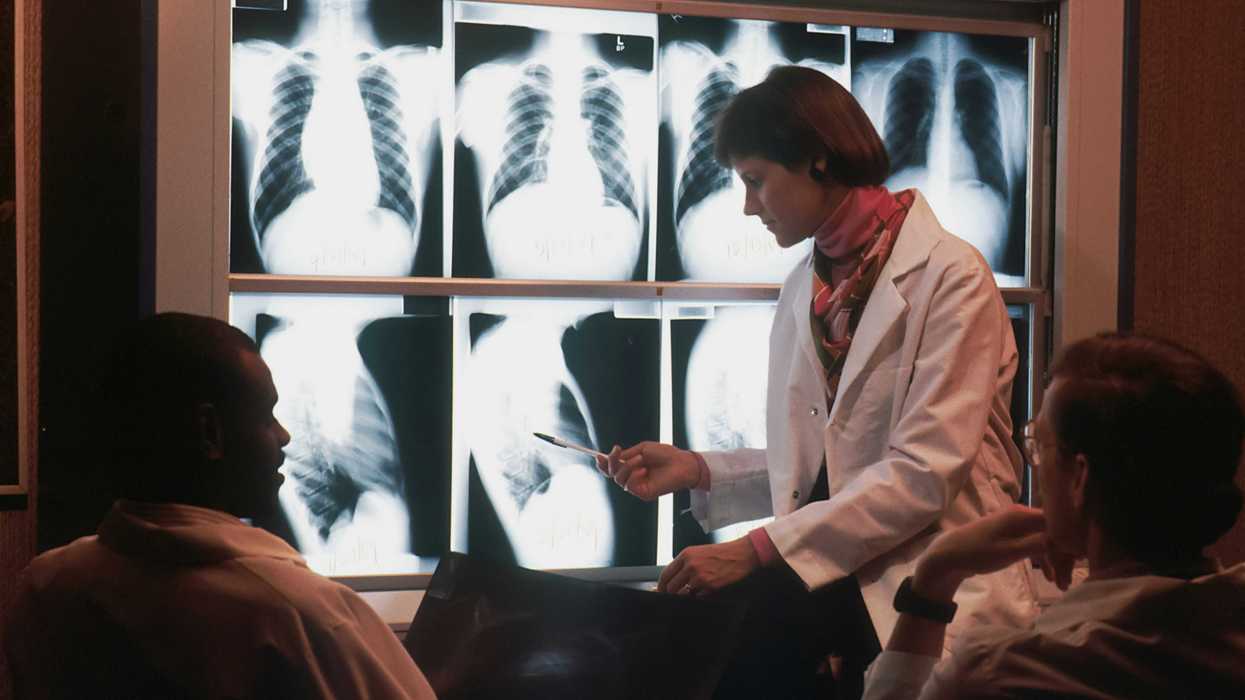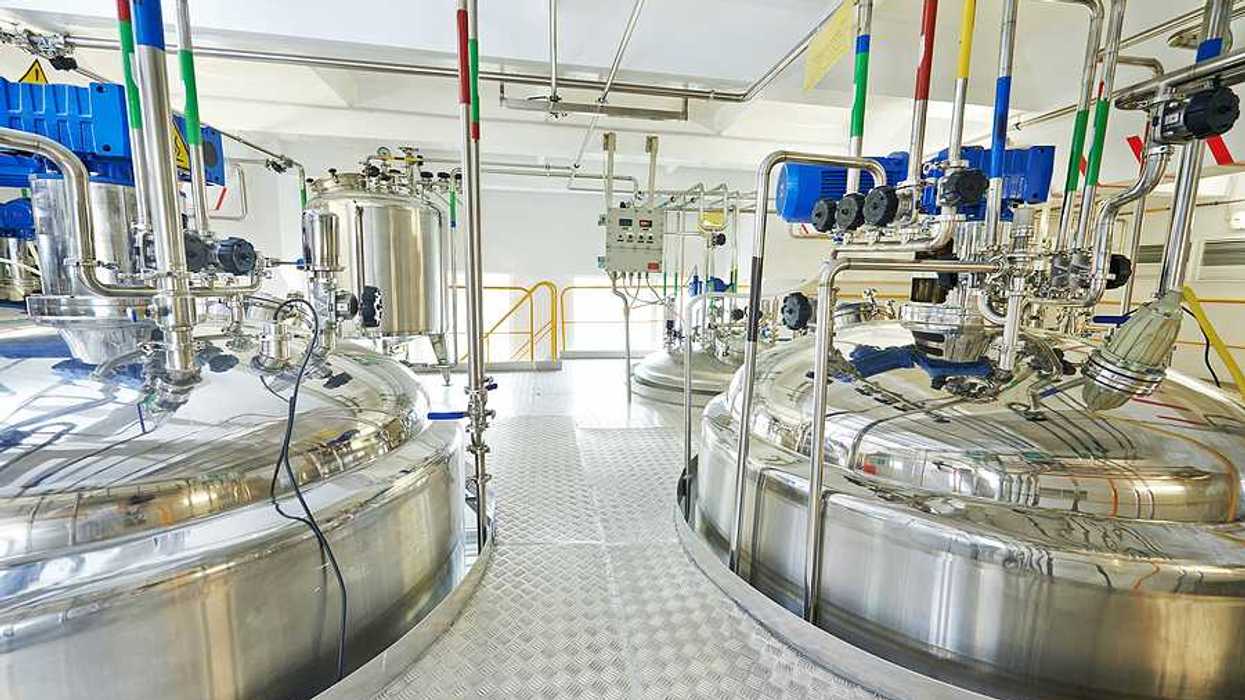A new documentary reveals how microplastics have infiltrated nearly every part of the human body, raising alarm over their link to disease and global calls for regulation.
Liz Kimbrough reports for Mongabay.
In short:
- The film Plastic People documents researchers finding microplastics in the human brain, bloodstream, and placenta, with evidence of exposure starting before birth.
- Scientists are investigating links between microplastics and health problems like cancer, fertility decline, cognitive damage, and heart disease.
- A United Nations treaty on plastic pollution is in negotiation, aiming to address the 400 million tons of plastic produced annually, much of it single-use.
Key quote:
“We haven’t actually found a human organ without measurable microplastic levels yet.”
— Rick Smith, executive producer of Plastic People and president of the Canadian Climate Institute
Why this matters:
Microplastics, formed from the breakdown of larger plastic waste, have become so pervasive they are now inside us. These microscopic fragments, created as plastic waste breaks down, are turning up in human blood, lungs, and even placentas. Scientists are scrambling to understand what this means for long-term health. Early studies suggest that chronic exposure could be linked to inflammation, hormonal disruption, and possibly cancer or neurodegenerative disease. But with plastic production set to triple by 2060 — fueled by fossil fuel giants pivoting to petrochemicals — the scale of exposure is only increasing.
Much of the burden falls on countries least equipped to handle it. Wealthier nations routinely ship their plastic waste overseas, often to communities already grappling with pollution and poor infrastructure. There, informal workers sort, burn, or bury plastic in ways that poison water, soil, and air. As the U.S. and other industrialized countries loosen environmental protections, often under the banner of economic growth, global disparities widen. The consequences are circulating in our ecosystems, our economies, and now, our bodies.
Related:


